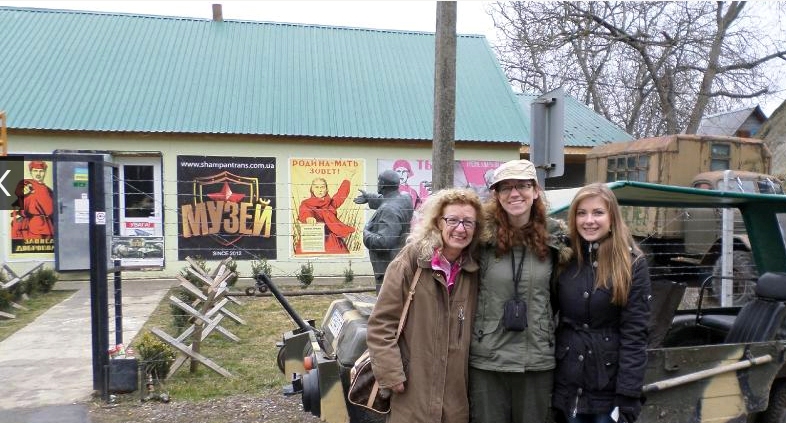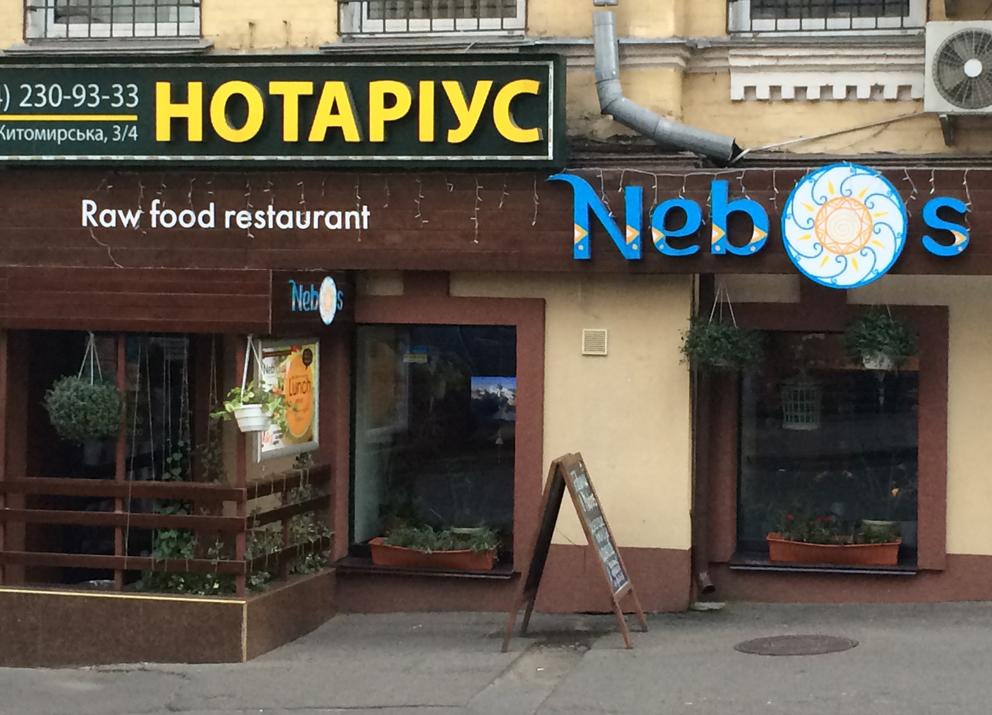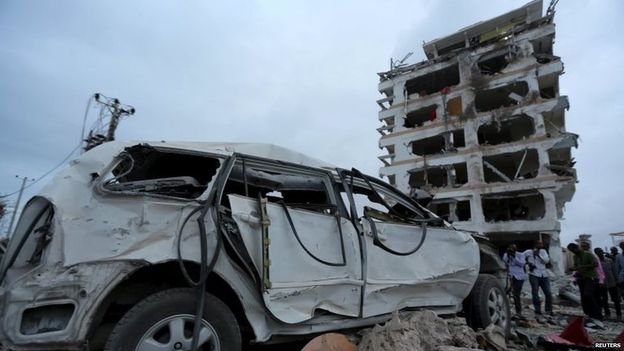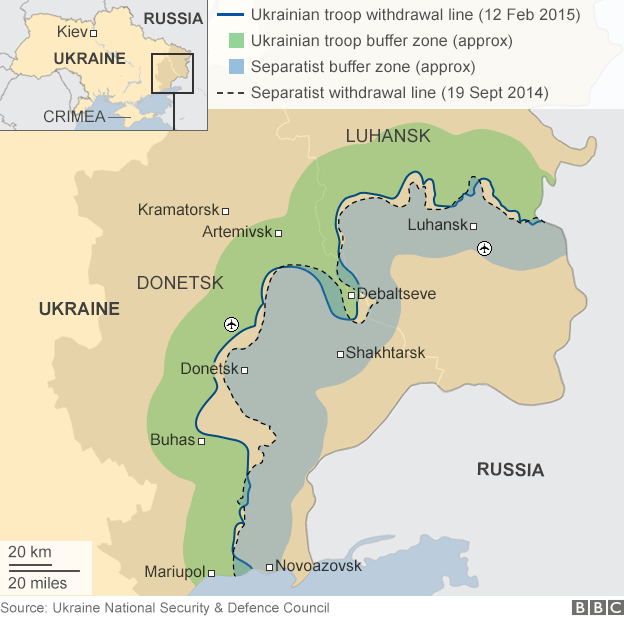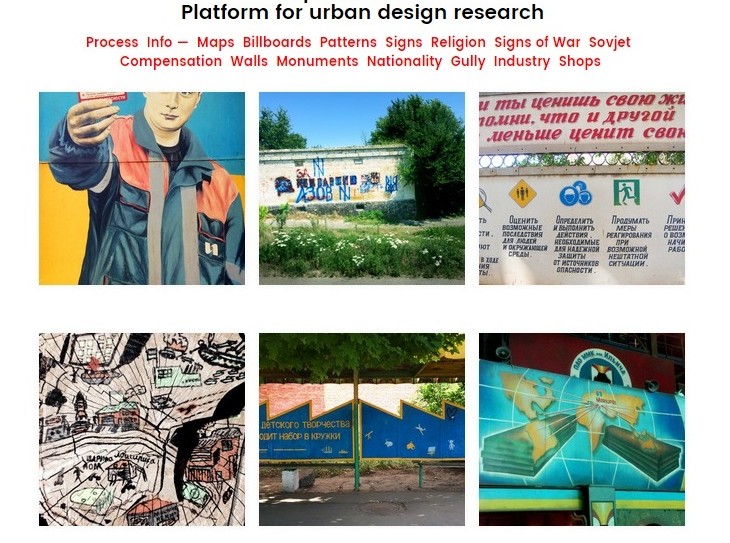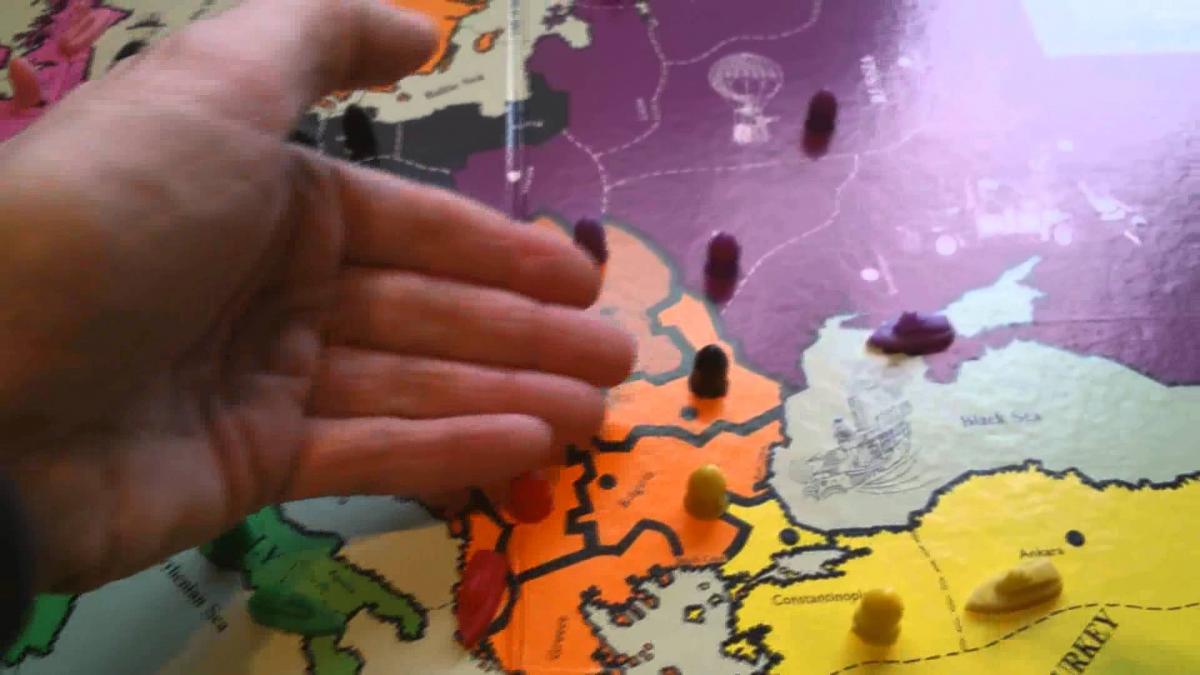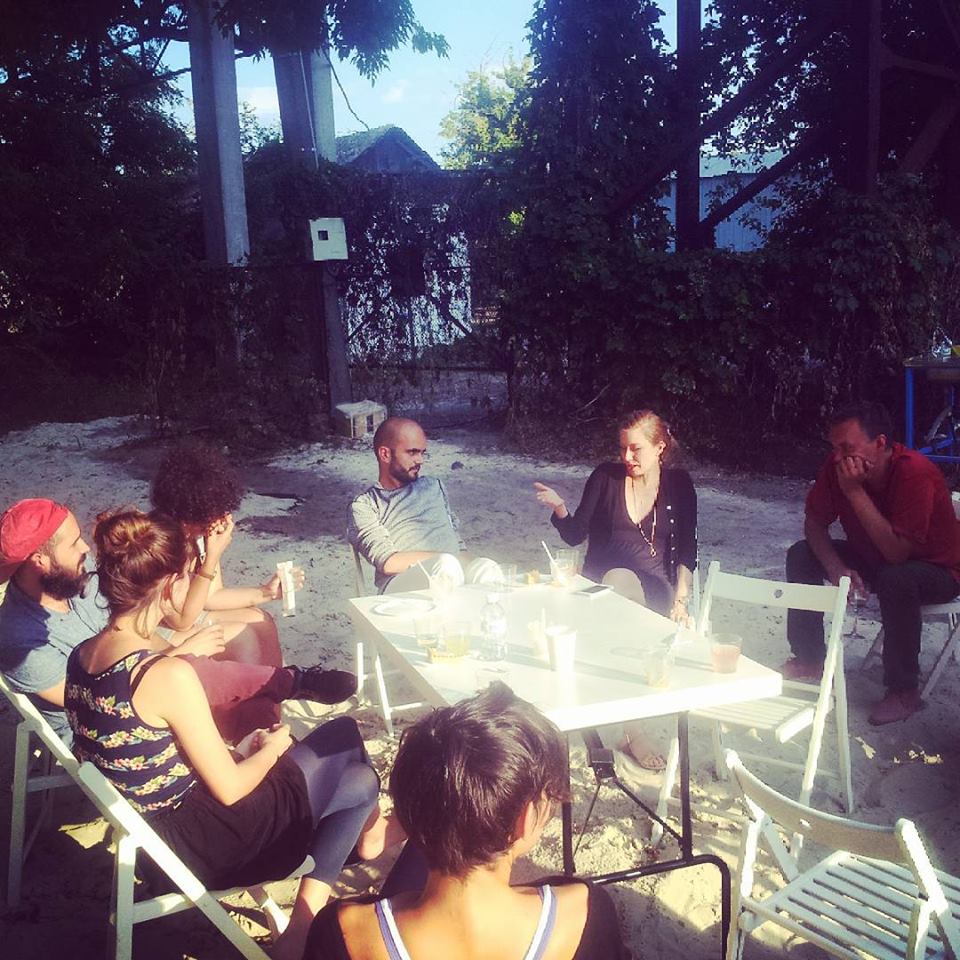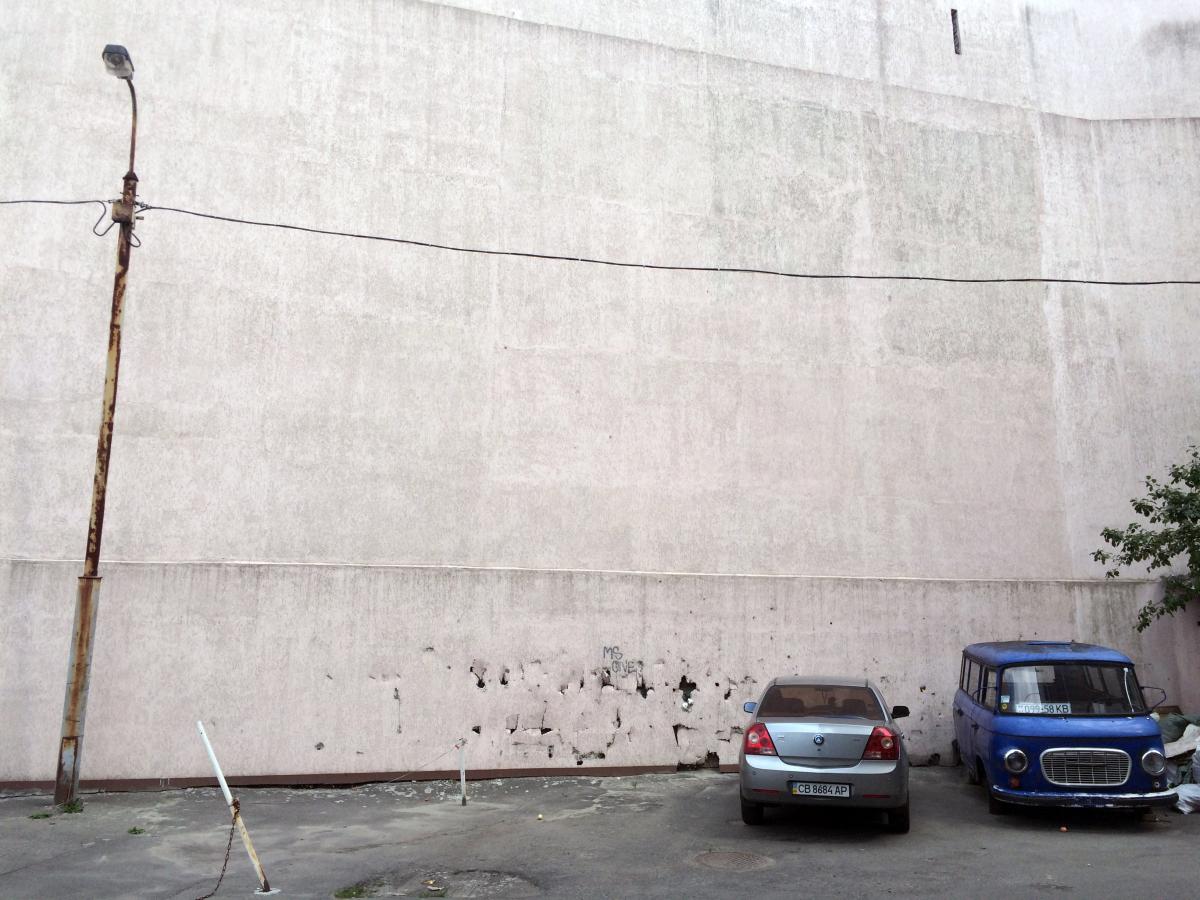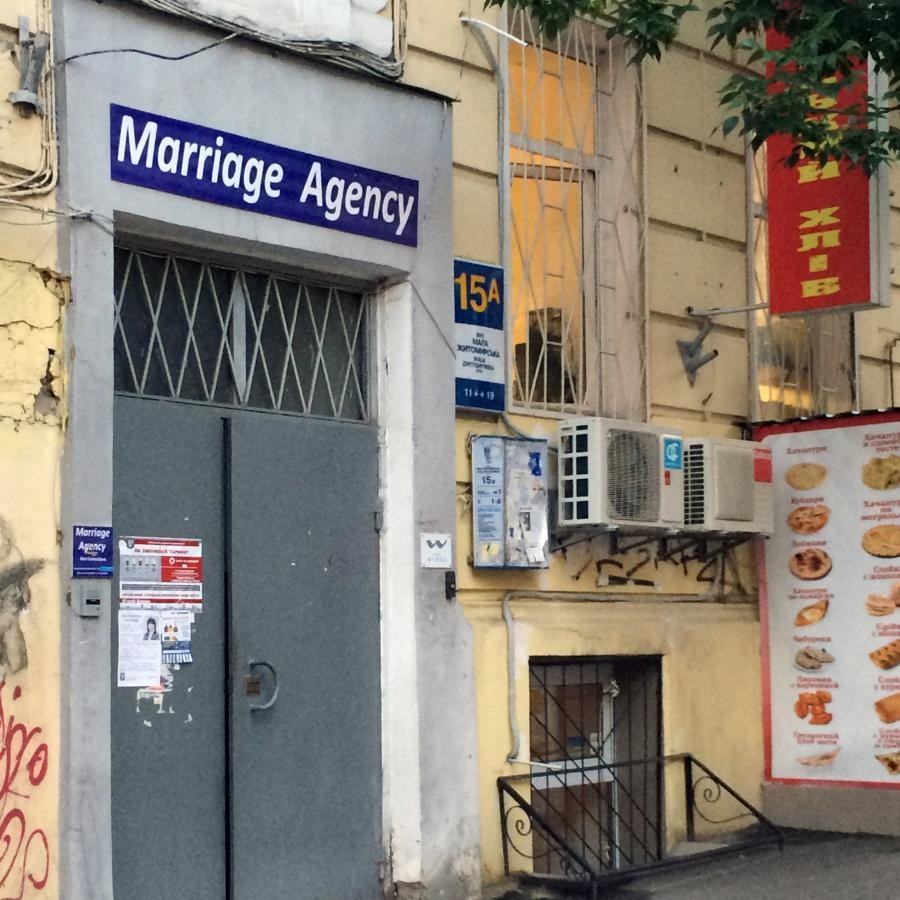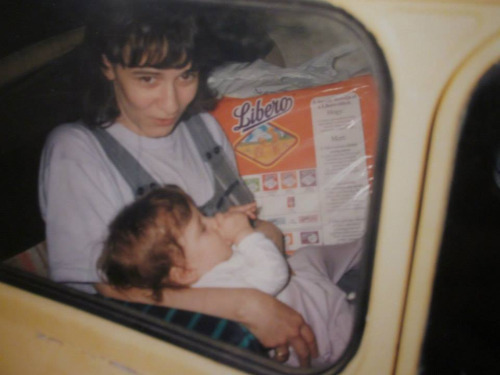I did not know the term, but I am part of it a little: dark tourism. It’s about a day trip to Auschwitz. Or Westerbork. Or as they do here: Chernobyl.
I am trying to fit in this day in my schedule, but when I was checking on internet how to organize it, I also found a website for a tourist military trip. Play soldier for a weekend. Drive a tank. Learn how to shoot. Fun for the whole family. If only there were lions here…
https://www.tripadvisor.nl/Attraction_Review-g294474-d4379418-Reviews-Military_Tours_in_Ukraine_Day_Tours-Kiev.html
